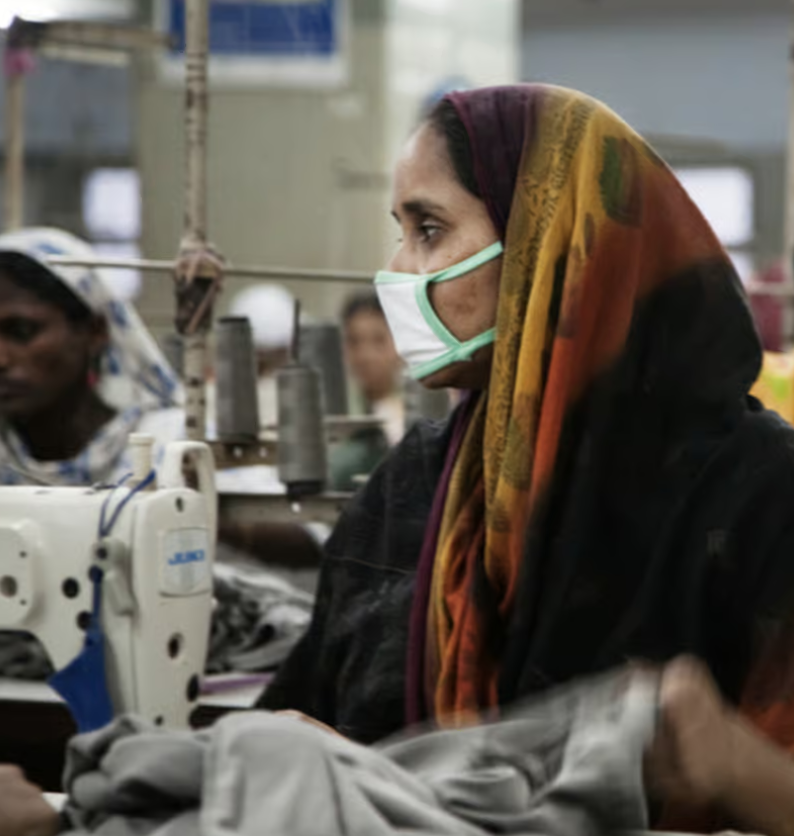
In 2021, it became The International Accord. More than 180 companies signed up in its first year. On 1 November 2023, the agreement was extended. However, by 3 January 2024, only around a hundred brands and retailers had signed the new international agreement, 87 the Bangladesh Agreement and 92 the Pakistan Agreement.
The international agreement celebrates its tenth anniversary
The complex renewal process means that brands and retailers have to re-engage regularly. To overcome this obstacle, The International Accord will last for three years, with automatic renewal for a further three years. To date, it is the longest agreement of its kind.
“As a member of the International Accord Steering Committee, we are proud of the work we have done with our key partners at Industrial Global Union and Uni Global Union in developing this new agreement. We encourage all companies in the textile and apparel industry to sign this agreement and join us in our collective goal of a safe and sustainable textile and apparel industry”, says Felicity Tapsell, Head of Responsible Sourcing at Bestseller, in a press release.
Industry giants support The International Accord, but luxury brands are absent
While industry giants such as Adidas, Asos, Bestseller, Boohoo, C&A, Carrefour, El Corte Ingles, Fast Retailing, H&M, Hugo Boss, Inditex, Marks & Spencer, Primark, PVH, Otto Group and Puma have pledged their support for the new agreement, others are absent, including luxury group LVMH and a large number of luxury brands.
Nike, Kering, Li Ning, Shein, VF and Zalando are not among the signatories either. US retail giant Walmart is absent, while rivals Kmart and Target are represented only by their Australian divisions.
Under the agreement, 56,000 factory inspections have been carried out over the past ten years and 140,000 health and safety issues have been resolved in 2,400 factories.
More than two million workers have been trained in health and safety. All workers at the plants included in the agreement have access to a helpline where they can anonymously raise any concerns they may have.
There are, however, areas not covered by the agreement, including pay. This is the subject of much debate, with workers demanding higher wages in garment-producing countries. In Bangladesh, thousands of textile workers have been sacked in recent months during protests against the new minimum wage.
Read more – Fashion United
